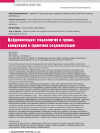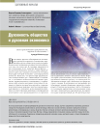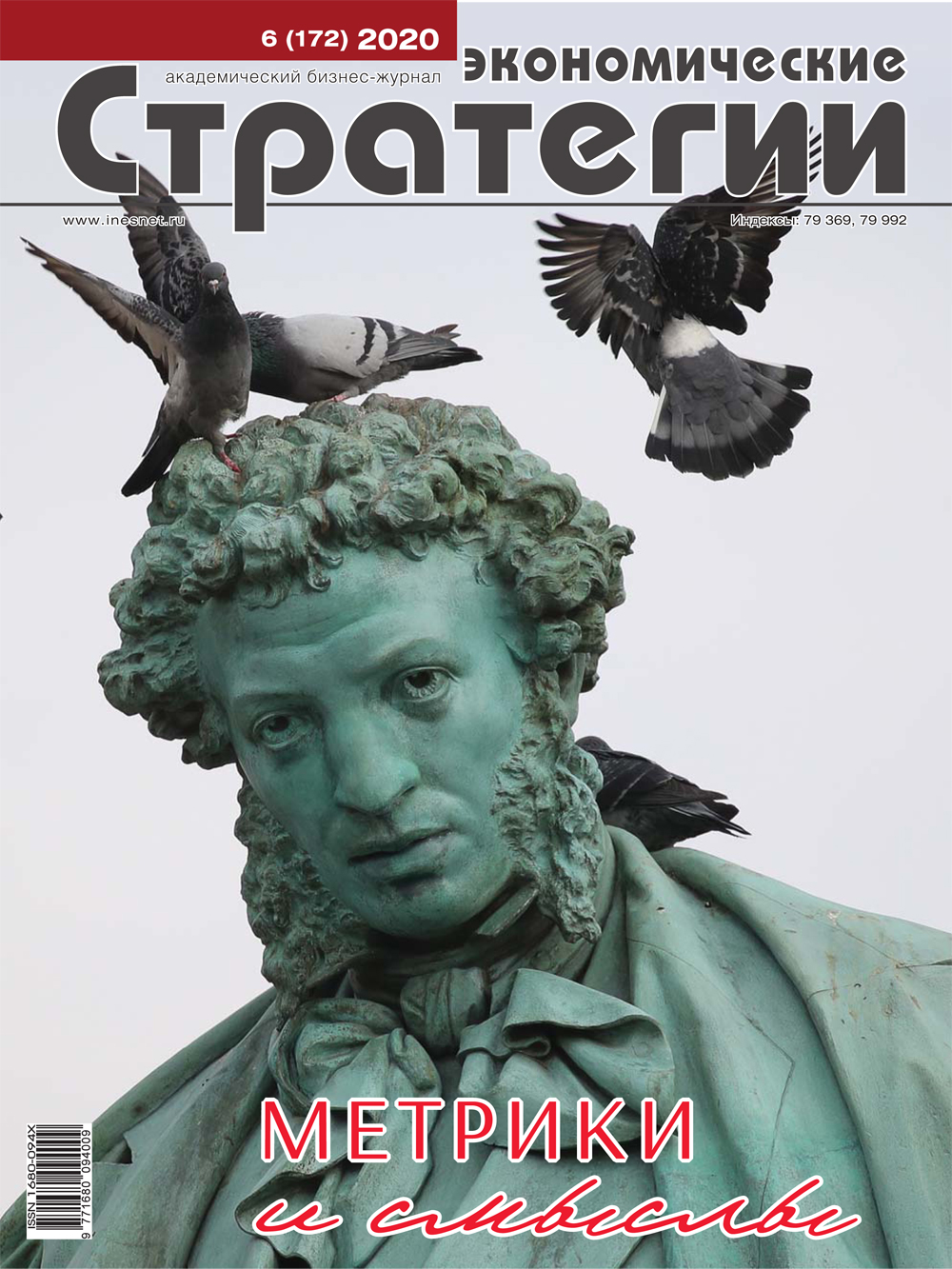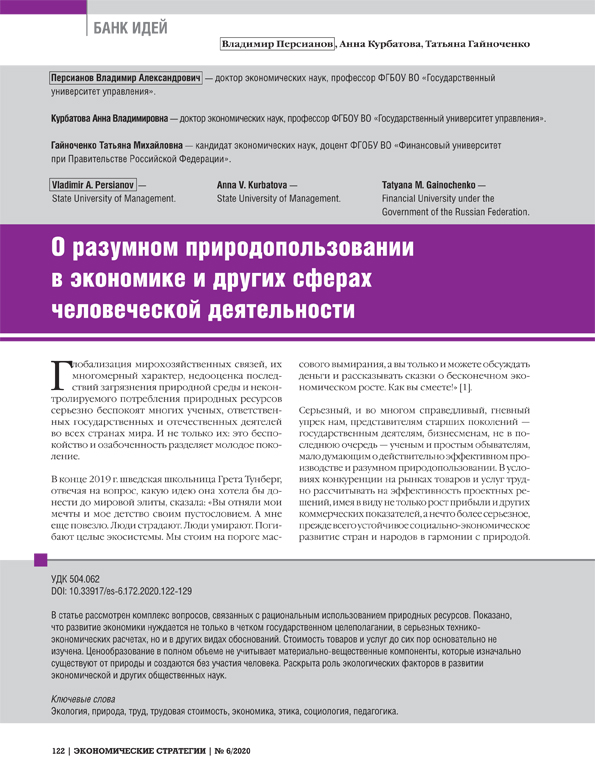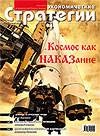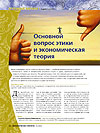Digitalization: Sociology and Law, Concept and Practice of Socialization
DOI: https://doi.org/10.33917/es-1.181.2022.6-19
The article highlights the short history of the Russian and world digitalization in details, focusing on the identified problems and priorities, which must be resolved if to successfully build and further effectively function information society in all its aspects.
The theoretical part has formed important opinions and ideas about the topic under study and shows that the spread of digital technology in all spheres of life is evidence of an active stage in the transition of human civilization from an industrial development stage to a digital one with social reality relevant to it. An analysis to identify the process of digitalizing human civilization’s linear development vector based on creating an indicative planning system allowed the author to conclude that there is a long-awaited transition to a purposeful scientific management of society and the state.
As it follows from the title of the article, legal coverage and all-round socialization are dominant in providing a successful solution to many challenges of digitalization. Russia’s political class is fully aware of the need to develop legal provisions, which are able to successfully prevent and mitigate possible threats to information society. It is primarily about the data breach related to both the functioning of the State and corporate/personal data. But the proposed draft legal acts of various kinds do not provide enough insight into how these protective, desirably preventive measures will be globally and nationally ensured.
Digitalization offers great opportunities for a rapid economic and social recovery to society. Developing information and communication technology gives an unprecedented rise in productivity, creates new forms of work organization, ensures conditions for increased trade in goods and services, offers infinite possibilities for education, communication between representatives of various societies and cultures, community commitment and network. The challenges of digitalization are so complicated that they do not seem possible to be solved by legal precedents without enhancing the population’s moral upbringing. The efforts of the really responsible citizens, the users of digital technology, the Internet initially can only effectively confront a new global digital environment in which there are opportunities to act rather immorally while at the same time anonymously and with impunity. We shall have to act gradually, but as strict as possible in the domestic and international legalization of the “digital environment”, paying a special attention to its moral dimension and the creation of particular barriers for ethical violations.
Источники:
1. Moiseev N.N. S myslyami o budushchem Rossii [Thinking About the Future of Russia]. Moscow, Fond sodeistviya razvitiyu sotsial’nykh i politicheskikh nauk, 1997, pp. 59–60.
2. Pochemu Mask ne da Vinchi. Kasperskaya — o tsifrovom kontrole i “kloune” iz SShA [Why Musk is not da Vinci. Mrs Kaspersky — About Digital Control and the “Clown” from the USA]. Argumenty i fakty, 2021, June, 25, available at: https://aif.ru/society/web/pochemu_mask_ne_da_vinchi_kasperskaya_-_o_cifrovom_kontrole_i_kloune_iz_ssha.



